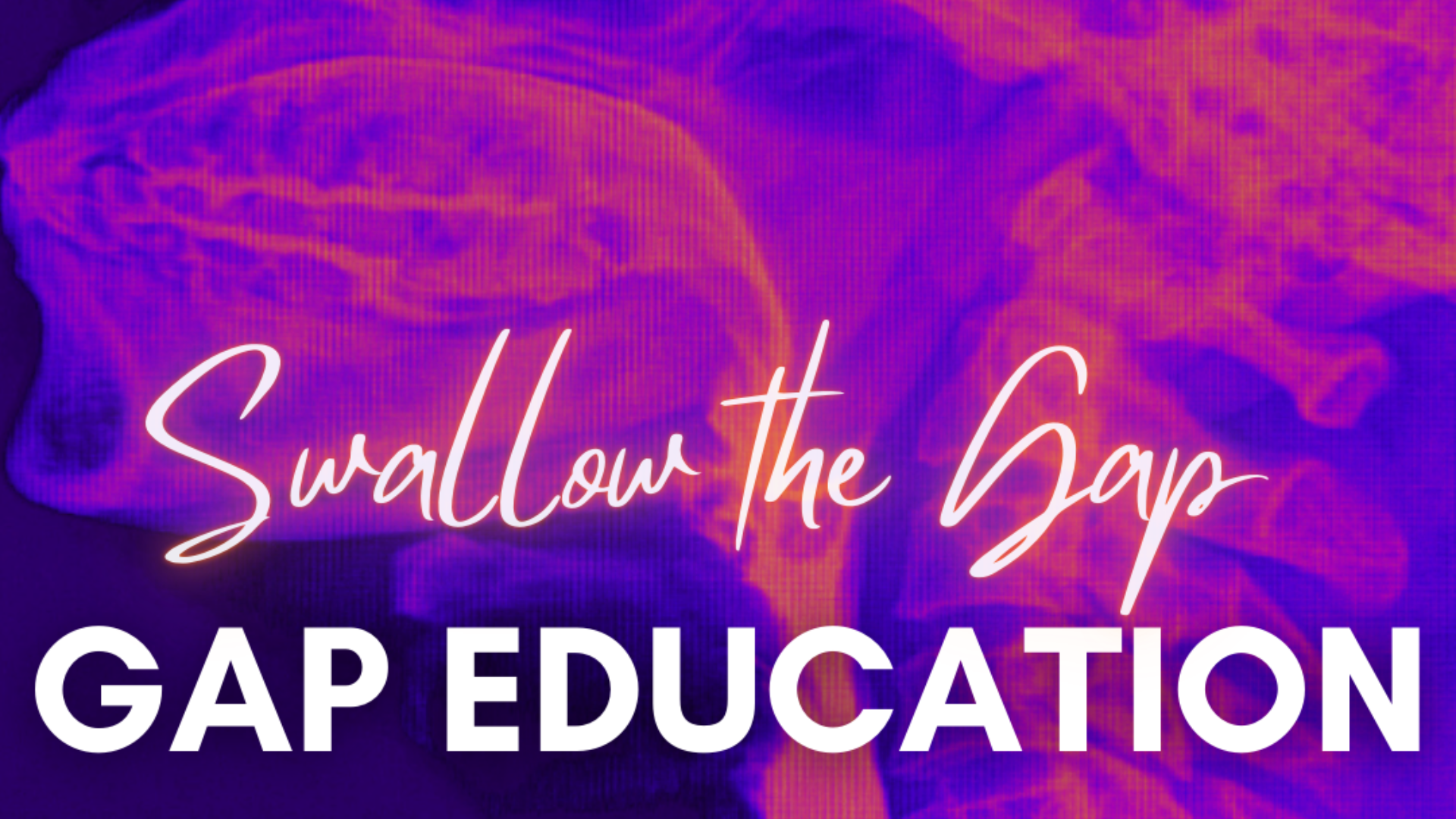Cranial Nerve Exam for Assessment of Bulbar Functioning for the Medical Speech-Language Pathologist: A Clinical Specialty Course
Write your awesome label here.
Learning Objectives:
-
1. Describe the name, type, upper motor neuron innervation, and primary functions of the cranial nerves involved in bulbar functioning.
-
2. Explain how to assess the cranial nerves involved in bulbar functioning.
-
3. Interpret clinical observations from the cranial nerve examination for comparison against normative data.
To earn a certificate, and ASHA CEUs if desired, eligible learners must do the following:
1. View the entire course recording.
2. Complete a short learner assessment with a score of 80% or higher (you may retake as needed).
3. Complete required items in a learner survey.
2. Complete a short learner assessment with a score of 80% or higher (you may retake as needed).
3. Complete required items in a learner survey.
Write your awesome label here.
Partial credit is not offered for this course.
Schedule
Intro & disclosures
0:00 - 4:52
Overview of the nervous system
4:52 - 39:37
Anatomy and physiology of the cranial nerves involved in bulbar functions, as well as associated lesion impairments
39:37 – 1:21:15
Examination of cranial nerves and associated lesion impairments
1:21:15 – 2:53:04
Pediatric suggestions and summary
2:53:04 – 2:54:17
Documentation
2:54:17 – 2:56:12
Summary & outro
2:56:12 – 3:01:18

